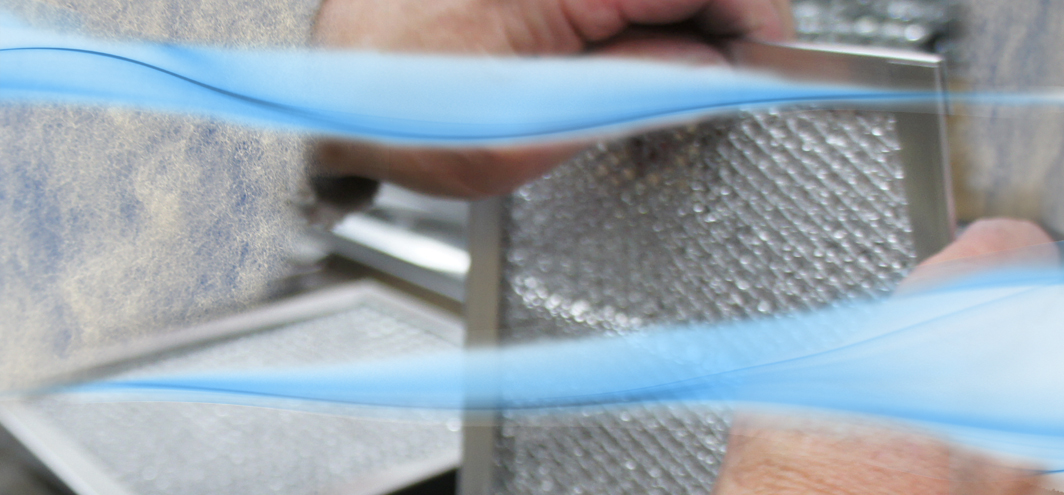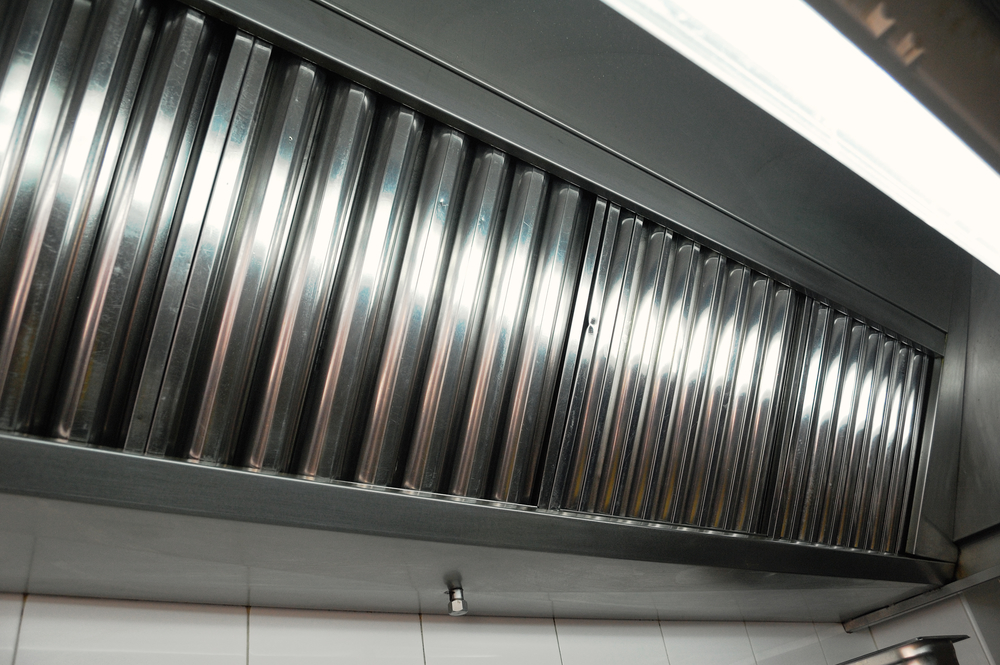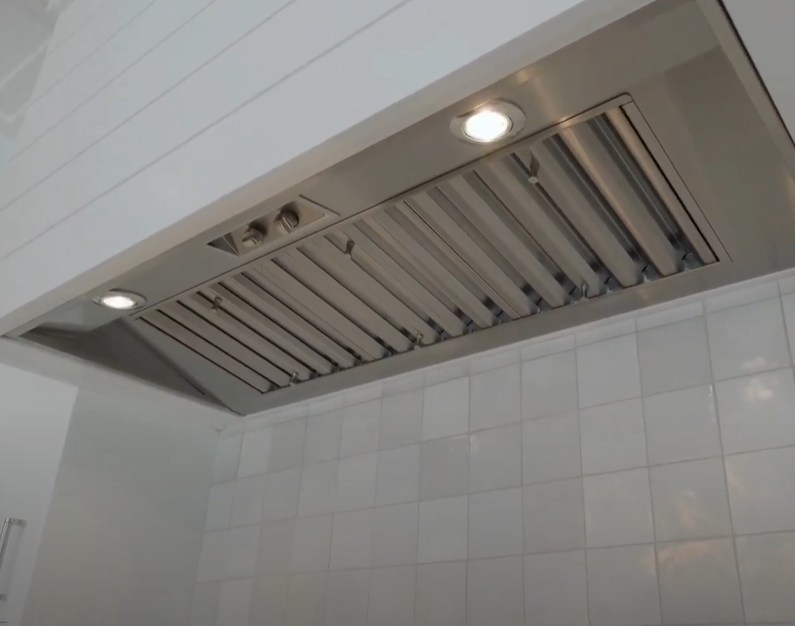
Restaurants Run a Risky Business without Grease Filters
 Cooking causes grease. Grease causes problems. It’s as simple as that. Any restaurateur knows the buildup of grease from hours of serving the customers who enter the door.
Cooking causes grease. Grease causes problems. It’s as simple as that. Any restaurateur knows the buildup of grease from hours of serving the customers who enter the door.
In the often fast-paced food service industry, time does not allow for continually cleaning and dealing with the grease. Fortunately, grease filters offer a quick and efficient solution to this common problem.
Take just a minute to consider the benefits of installing grease filters in your restaurant.
Fend Off Fires
Grease filters not only remove grease but also smoke and debris from kitchen air before it reaches the air ducts. Without this first line of defense, grease buildup in the ventilation system becomes a significant fire hazard.
Unfortunately, a grease fire levels your restaurant and livelihood in less than five minutes. And a mere two millimeters of buildup is enough to ignite a fire with the help of an electrical short or even lightning strike. Installing and maintaining grease filters reduces this risk.
Prevent Costly Repairs
When grease is not contained by proper filters, it makes its way through the ventilation system and to the roof. The result is significant damage, including spongy rooftops and roof leaks. Repairing these problems and their associated damage is costly. Roof replacement may even be necessary.
Protect the Environment
Keeping grease and debris from the ventilation system also protects the environment from these contaminants. Maintaining filters with regular cleanings and replacements prevents grease from spilling out into the environment.
What problem does uncontained grease cause? Left to run into storm systems, grease pollutes water supplies as well as lakes and streams. In sewer systems, clogs are caused by the grease, fats, and oils. Your environmental footprint just got larger.
Avoid EPA and Fire Code Fines
The National Fire Protection Association (NFPA) and International Fire Code (IFC) regulations require that hood filters be installed in restaurant kitchens. Furthermore, the Environmental Protection Agency (EPA) regulates surface water standards which impact the water sources grease runoff impacts. Circumventing these codes leads to significant fines.
What Next?
Proper installation and cleaning extend the life of your grease filters. But they still require replacement every six to eight months typically. However, this timeline depends on the type of filter, routine maintenance, busy-ness of the kitchen, level of heat and amount of grease and debris in your restaurant.
To keep your kitchen running with less risk, visit our store or contact us today to find the filter that solves your restaurant’s grease problems.




